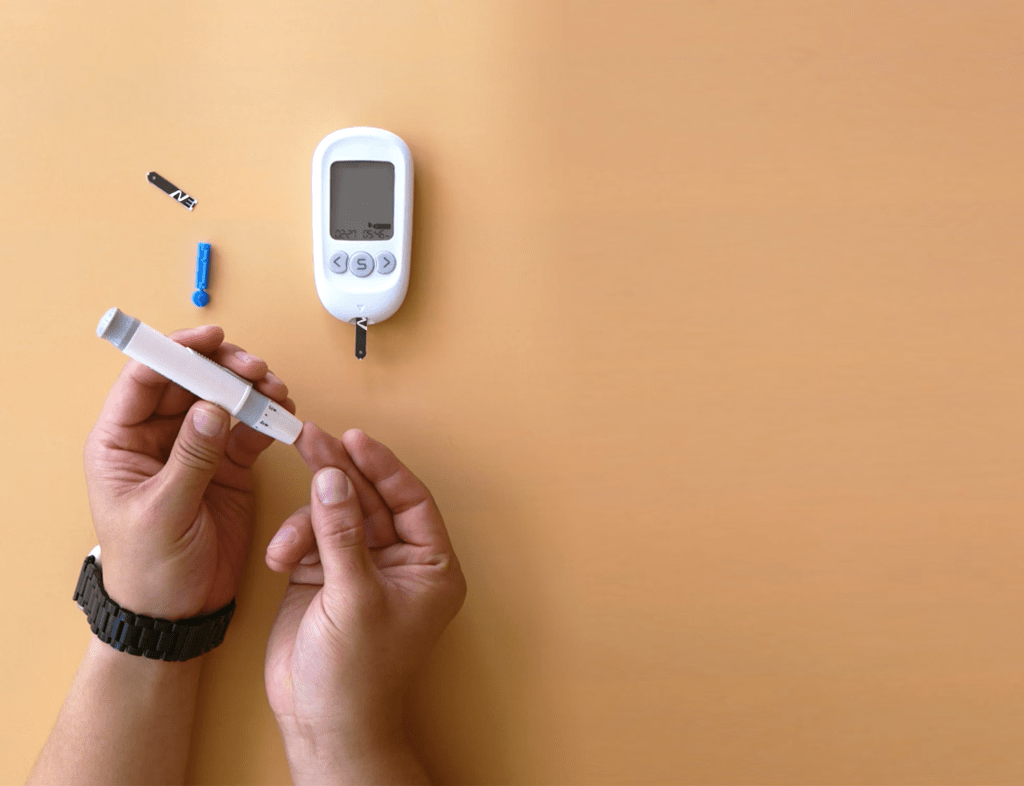Diabetes is a chronic health condition that affects how your body regulates blood sugar, also known as glucose. Glucose is a crucial energy source for the body’s cells, and insulin, a hormone produced by the pancreas, helps glucose enter these cells to be used for energy.
Types of Diabetes:
There are primarily three main types of diabetes:
- Type 1 Diabetes: This occurs when the body’s immune system mistakenly attacks and destroys insulin-producing cells in the pancreas. People with type 1 diabetes require insulin injections for survival.
- Type 2 Diabetes: In type 2 diabetes, the body becomes resistant to insulin or doesn’t produce enough insulin to maintain normal glucose levels. This type is often associated with lifestyle factors such as diet, exercise, and obesity.
- Gestational Diabetes: This type of diabetes occurs during pregnancy when the body cannot produce enough insulin to meet the increased demands. It usually resolves after childbirth but may increase the risk of developing type 2 diabetes later in life.

Symptoms of Diabetes:
Common symptoms of diabetes include:
- Frequent urination
- Increased thirst and hunger
- Fatigue
- Blurred vision
- Slow wound healing
- Unexplained weight loss (in type 1 diabetes)
- Tingling or numbness in hands or feet

Management of Diabetes:
While diabetes is a chronic condition, it can be effectively managed with proper medical care and lifestyle adjustments. Management strategies typically include:
- Healthy eating habits
- Regular physical activity
- Monitoring blood sugar levels
- Medications or insulin therapy as prescribed by a healthcare provider
- Regular check-ups and screenings
Conclusion:
In conclusion, understanding the basics of diabetes is crucial for better health outcomes. By learning about the types, symptoms, and management strategies, individuals can take proactive steps towards managing their condition effectively. Stay tuned for more in-depth articles on specific aspects of diabetes management and living with diabetes.
Thank you for joining us on this introductory exploration of diabetes. Stay tuned for more valuable insights and information.

